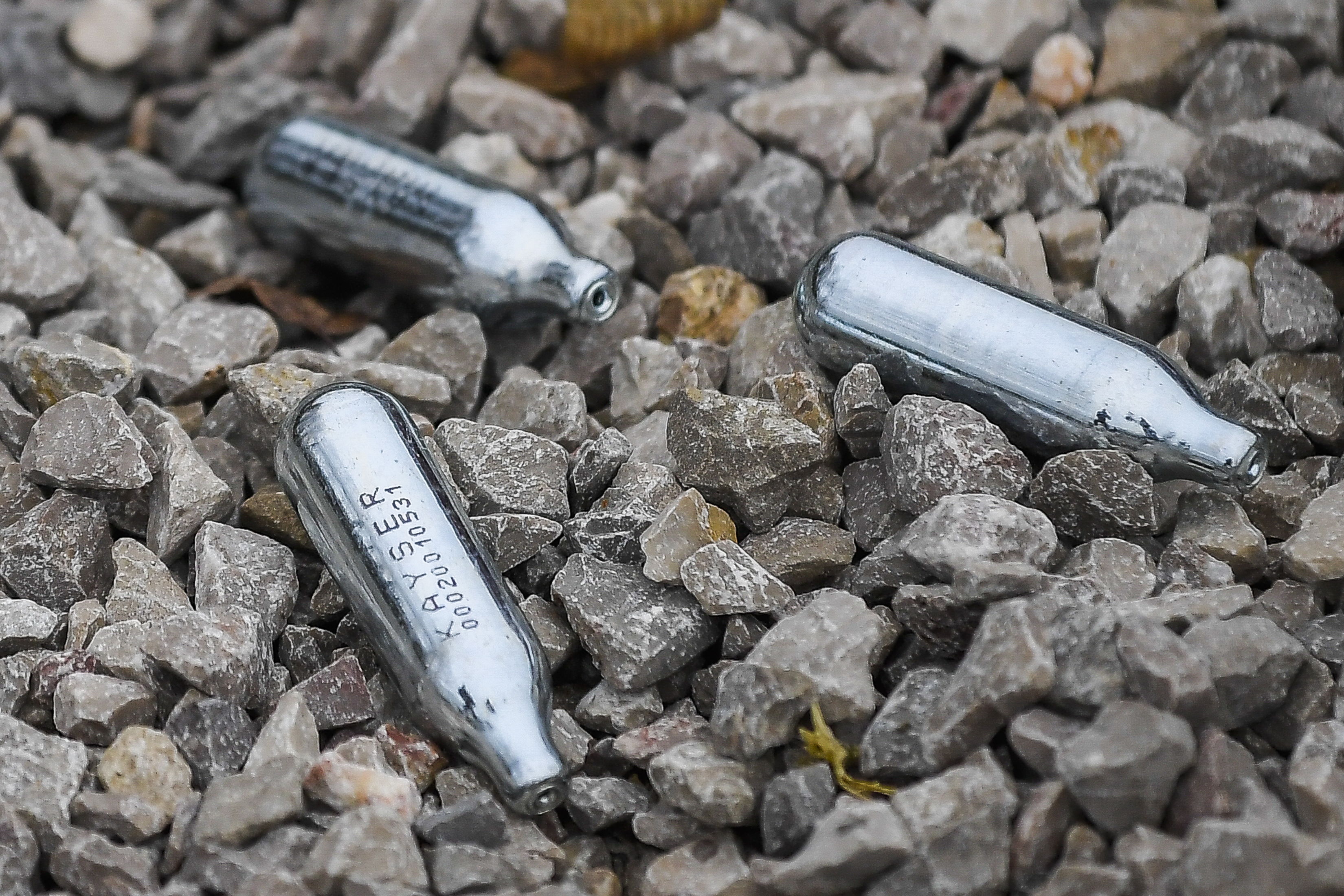Rise in explosions in waste incinerators caused by nitrous oxide capsules

Since the beginning of this year, incinerator operators have been reporting an increase in explosions caused by nitrous oxide capsules, also known as laughing gas, which is becoming increasingly common in Belgium.
Nitrous oxide usage is growing rapidly, according to mayors in Brussels, who asked to ban its sale outside of the food sector last month. Large cartridges are often found in public areas of cities, which can be dangerous because of their explosive nature.
The drug's rise in popularity can also be seen in the growing number of explosions in incinerators. These are mostly caused by the bigger capsules of 1 or 2 litres, says Silvia Colazzo, communications manager at waste management company Indaver. "Those capsules fly against the inner wall with great force when detonated, which can lead to a pressure wave or vibration."
Explosions can cause damage
In some cases, the furnaces are also damaged. "Several times this year, a furnace had to be shut down immediately because it was no longer working optimally," Colazzo said. Usually, however, the damage is identified at a scheduled shutdown, which takes place once or twice a year.
Indaver has asked all its customers, such as cities and municipalities, to be extra vigilant during collections. Street rubbish bins in parks or exit areas in cities are the most common places to find discarded canisters.
Flanders' public waste agency, OVAM, has begun working on a plan to ban the capsules from regular waste streams.
© BELGA PHOTO LAURIE DIEFFEMBACQ